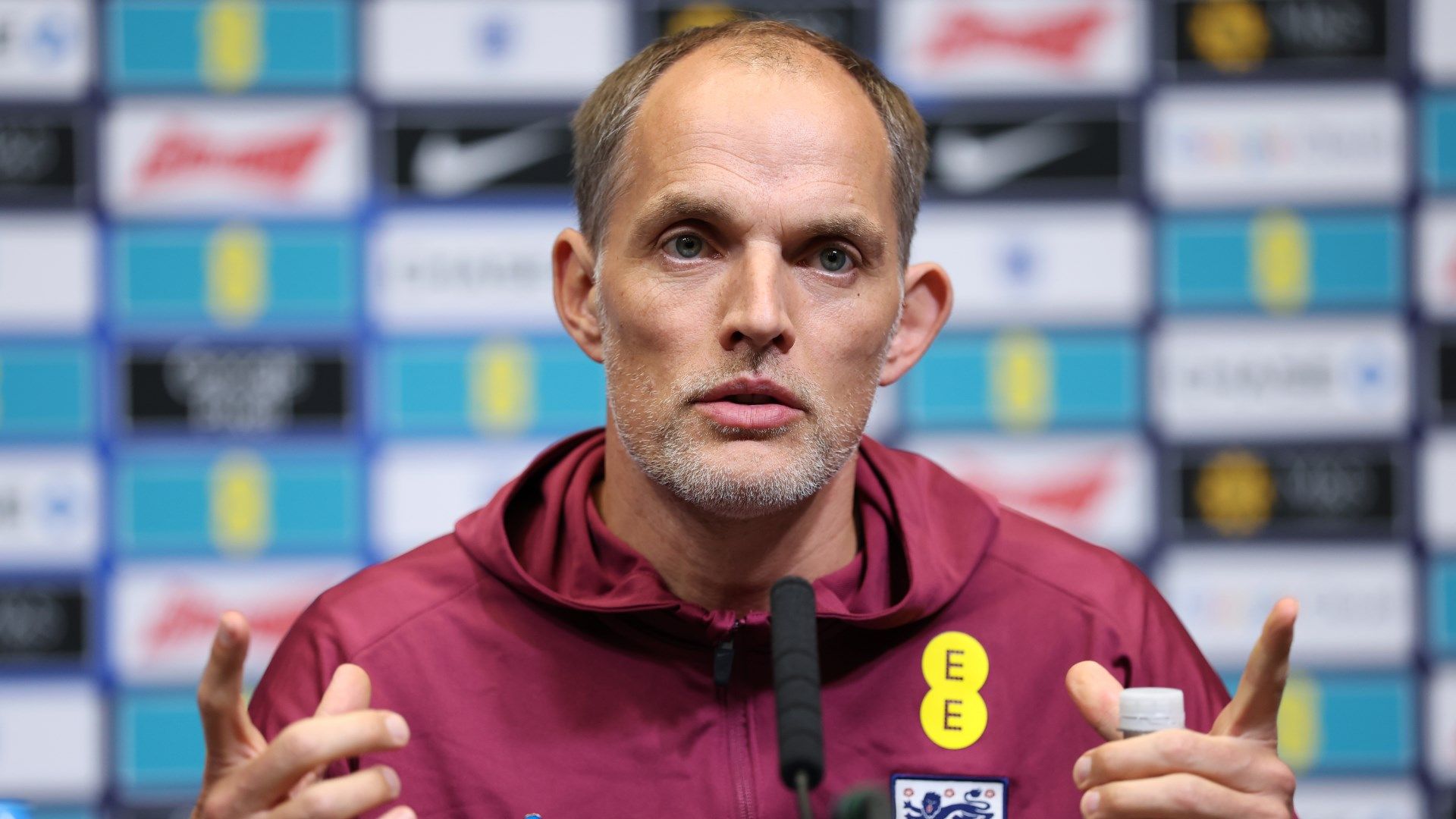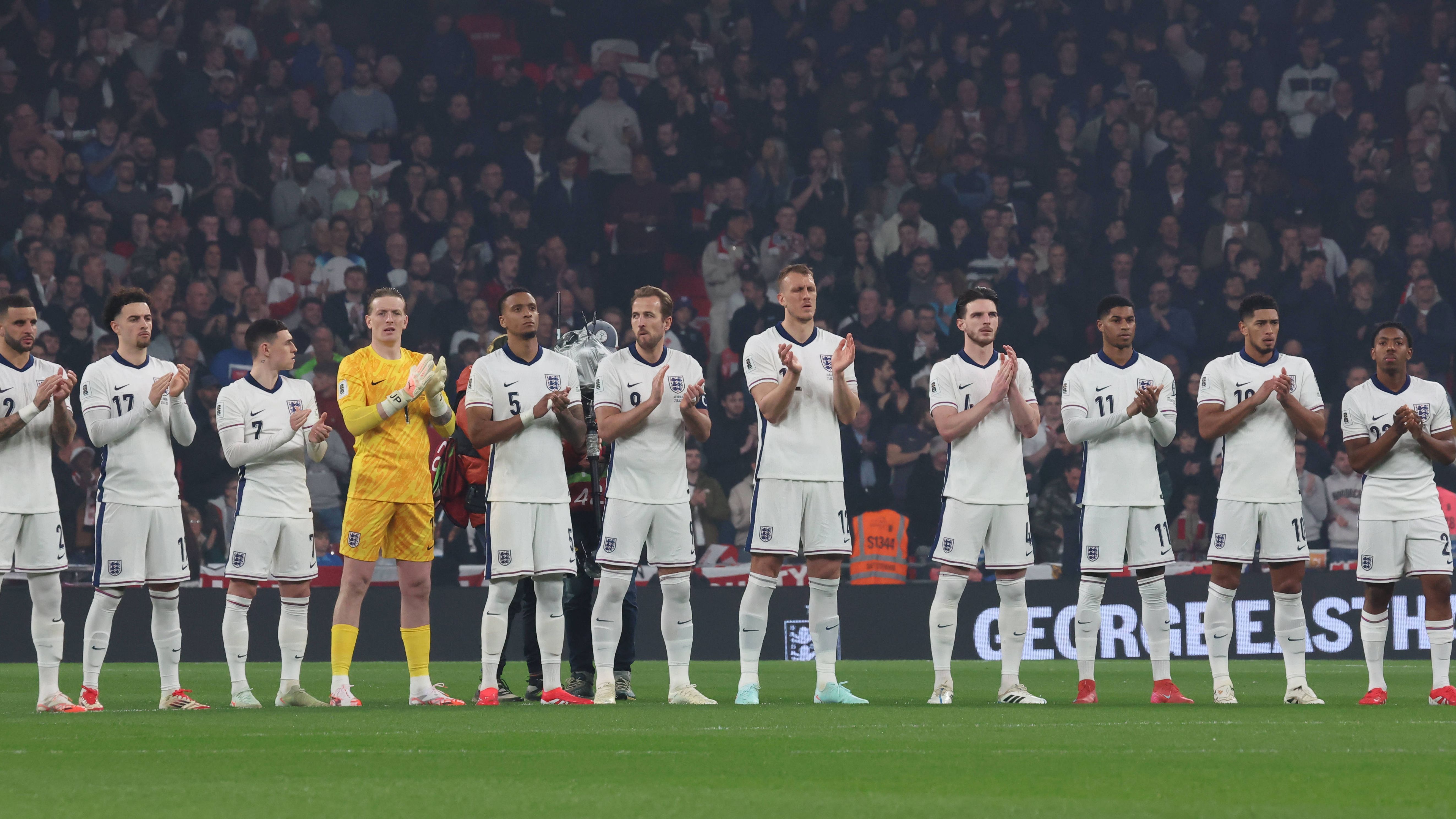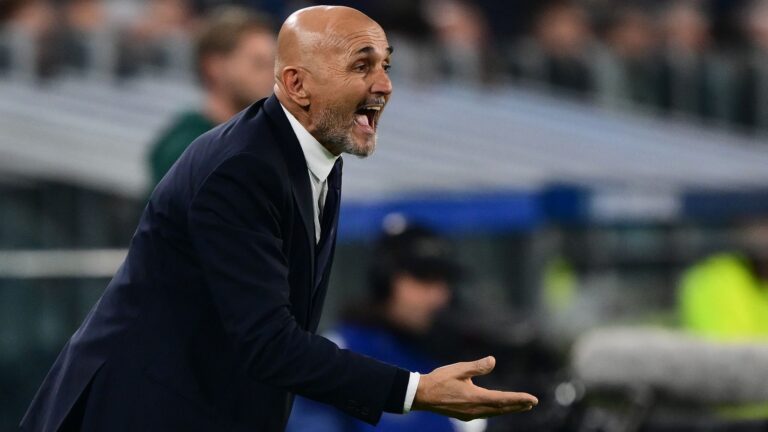


Revitalizing England’s Attack: Tuchel’s Bold Move with Bellingham and Foden
In a thrilling twist for England squad enthusiasts, Thomas Tuchel has made a pivotal decision to reintegrate dynamic stars Jude Bellingham and Phil Foden, signaling a fresh era of strategic innovation ahead of crucial matches. This calculated inclusion highlights Tuchel’s emphasis on harnessing top-tier talent to enhance the team’s midfield creativity and overall performance on the global stage.
Key Squad Updates and Strategic Inclusions
Following their exclusion from earlier lineups, Jude Bellingham and Phil Foden now rejoin the England roster for the November fixtures, driven by their standout contributions at Real Madrid and Manchester City. Tuchel unveiled a 25-player group for the forthcoming qualifiers versus Serbia and Albania, spotlighting these returns as England wraps up their Group K obligations, already locked in for the 2026 World Cup.
Emerging Talents and Notable Absences
This announcement spotlights not only Bellingham and Foden but also introduces Bournemouth’s Alex Scott to his inaugural senior appearance, alongside the comeback of Adam Wharton. On the flip side, established names like Ollie Watkins and Ruben Loftus-Cheek have been left out, underscoring Tuchel’s intent to refine the squad’s core offensive structure by positioning his most inventive athletes in pivotal, game-controlling spots.
Spotlight on Player Positions and Impact
Bellingham’s reintegration is viewed as a vital enhancement to England’s forward dynamics, with Tuchel explicitly favoring the Real Madrid standout in a central No.10 spot. Similarly, Foden’s spot was secured after his exceptional outing in Manchester City’s dominant 4-1 triumph against Borussia Dortmund, where he netted a brace, demonstrating his scoring prowess.
Tactical Insights from Tuchel
Expressing enthusiasm, Tuchel commented, “We’re thrilled to welcome them back; they’re major figures with immense character and extraordinary abilities. It’s fantastic to observe them performing at their peak, delivering goals in critical victories for their clubs. This made their inclusion straightforward. We’ll position them centrally to maximize their potential, and it’s rewarding to see them energized and ready.”
He further elaborated, “Their recent influence at their teams has been substantial. They’re consistently involved and central to successes at City and Real, and we’re excited about their current condition and effectiveness.”
Evolving Tactics and Player Roles
Tactically, Tuchel outlined his plans: “Bellingham returns in the No.10 role, which suits him best, leveraging his strength in finding the net from that area. For Foden, his recent role at City aligns with where I believe he excels most-near the opposition’s goal. The key for him is a central involvement; I don’t envision him on the wing. He’ll operate flexibly, perhaps as a 9.5 or 10.5, adapting seamlessly.”
Shifts in Selection Strategy
This choice represents a deliberate pivot toward concentrating England’s most innovative players in core areas, following periods of trial and error. In the October period, Tuchel prioritized consistency by retaining the squad that overwhelmed Serbia 5-0, omitting these stars despite public curiosity. He justified it as a strategic choice, not punitive, pointing to Bellingham’s recuperation and Foden’s temporary slump, while noting the intense media scrutiny it attracted.
Addressing Player Reactions
Regarding Bellingham’s response to his prior omission, Tuchel noted, “He handled it gracefully and responded brilliantly on the field for Real Madrid. With various challenges in his personal life, we’re committed to offering a supportive atmosphere. As a young athlete, he has our complete backing.”
Preparing for Future Challenges
As Tuchel finalizes his lineup for the 2026 World Cup, England aims to build on their recent achievements, including semi-final appearances in the previous two tournaments and final berths in the 2020 and 2024 European Championships.
Upcoming Fixtures and Experimental Approaches
Next up, England focuses on their remaining Group K encounters: a home showdown with Serbia at Wembley, then an away game in Albania. Since qualification is already confirmed, Tuchel intends to leverage these games for testing formations and partnerships that may shape his strategy for the World Cup.
Thomas Tuchel’s New Strategy for England
The Appointment of Thomas Tuchel as England Manager
Thomas Tuchel’s recent appointment as England manager has generated significant buzz in the football world, especially with his bold promises to give central roles to young stars like Jude Bellingham and Phil Foden. After a series of high-profile matches and team shake-ups, Tuchel has emphasized a tactical overhaul that prioritizes midfield creativity and control. This shift comes at a crucial time for the England national team, as they look to build on recent performances in international football competitions.
Tuchel, known for his innovative coaching style honed during his stints at clubs like Chelsea and Bayern Munich, is focusing on integrating versatile players into key positions. By pledging central roles for Bellingham and Foden, he’s signaling a move towards a more dynamic and attacking England setup. Football enthusiasts are excited about how this could transform the team’s performance in upcoming fixtures, including World Cup qualifiers and friendly matches.
Key Tactical Changes Under Tuchel
- Midfield Dominance: Tuchel has highlighted the need for a strong central presence, where players like Jude Bellingham can excel in both defensive and offensive phases. This approach aims to enhance England’s control in matches, making them less vulnerable to counter-attacks from opponents.
- Creative Freedom for Foden: Phil Foden’s role is expected to involve more freedom to roam in central areas, allowing him to link up with forwards and create scoring opportunities. This could lead to a more fluid style of play, which has been a hallmark of Tuchel’s previous teams.
- Integration with Existing Squad: By recalling key England players, Tuchel is blending experience with youth, ensuring that veterans like Harry Kane and Declan Rice complement the emerging talents of Bellingham and Foden.
Breakdown of Jude Bellingham’s Central Role
Jude Bellingham, the Real Madrid midfielder, has been a standout performer in recent seasons, and Tuchel’s pledge to position him centrally is a game-changer for England. This role would see Bellingham operating as a box-to-box player, focusing on ball recovery, distribution, and late runs into the penalty area. His physicality and vision make him ideal for this position, potentially elevating England’s midfield performance in high-stakes games.
In discussions around football tactics, experts note that Bellingham’s inclusion could address past weaknesses in England’s setup, such as inconsistent pressing and transition play. For instance, during Euro 2024, England’s midfield struggled with cohesion, and Tuchel’s strategy might rectify this by giving Bellingham more responsibility in controlling the game’s tempo.
Benefits for Bellingham and the Team
- Enhanced Development: A central role allows Bellingham to showcase his full range of skills, which could accelerate his growth as a top-tier footballer and boost his confidence on the international stage.
- Team Synergy: Pairing him with players like Foden could create a formidable partnership, leading to increased goal-scoring chances and better overall team dynamics.
- SEO Implications for Fans: As searches for “Jude Bellingham England role” continue to rise, this tactical shift is likely to draw more attention to England’s football strategy, engaging fans who follow player developments closely.
Phil Foden’s Expected Contributions
Phil Foden, the Manchester City attacking midfielder, is another beneficiary of Tuchel’s vision. Tuchel has promised Foden a central role that maximizes his technical abilities, moving away from wider positions to a more central, playmaking spot. This adjustment could see Foden dictating play from the middle, using his dribbling and passing to unlock defenses.
Foden’s rise in club football has mirrored England’s quest for a creative spark, and Tuchel’s approach aligns with modern football trends where versatile midfielders are key to success. By recalling key players and positioning Foden centrally, Tuchel is aiming to foster a more balanced attack, reducing reliance on wingers and promoting a compact formation.
How Foden’s Role Fits into England’s Future
- Tactical Flexibility: Foden’s central deployment allows for quick adaptations during matches, such as switching to a 4-2-3-1 formation, which has proven effective in Tuchel’s past managerial roles.
- Performance Metrics: Statistics from recent Premier League seasons show Foden’s high assist and goal contributions when played centrally, suggesting this could translate to international success for England.
- Fan Engagement and SEO: With keywords like “Phil Foden central role England” gaining traction in online searches, this article highlights how such changes could inspire more fan discussions and content around England football news.
The Role of Player Recall in Tuchel’s Plans
Following the recall of key England players, Tuchel is rebuilding squad depth to support his emphasis on central roles. This includes bringing back experienced defenders and midfielders who can provide stability while Bellingham and Foden take on more prominent duties. The recall process involves careful selection based on form, fitness, and tactical fit, ensuring the team is well-prepared for competitive fixtures.
In this new era, Tuchel’s decisions are influenced by a blend of data analytics and on-field observations, making England’s approach more strategic than ever. For example, recalling players like John Stones could offer defensive cover, allowing midfielders to push forward without exposing the backline.
Potential Challenges and Solutions
- Injury Risks: With Bellingham and Foden in central positions, there’s a higher chance of physical demands; Tuchel might rotate players to mitigate this.
- Opponent Counter-Strategies: Teams could target England’s midfield, so Tuchel plans to incorporate high pressing and quick recoveries as countermeasures.
- Long-Term Impact: This setup could position England as a top contender in future tournaments, with ongoing monitoring of player performances to refine tactics.
Analyzing Tuchel’s Tactical Philosophy
Tuchel’s philosophy often revolves around high-intensity pressing and positional fluidity, which directly influences the central roles for Bellingham and Foden. By drawing from his successful tactics at previous clubs, he’s adapting these to suit England’s squad, focusing on quick transitions and creative overloads in midfield.
This analysis reveals how Tuchel’s decisions could redefine England football, with central roles becoming a cornerstone of their strategy. As fans search for updates on “Thomas Tuchel England tactics,” this approach promises to keep the team competitive and engaging on the global stage.
Final Thoughts on Player Dynamics
In Tuchel’s setup, the interplay between Bellingham, Foden, and other recalled players will be crucial for success. Expect to see more in-depth coverage of these dynamics in upcoming matches, as they unfold in real time.









